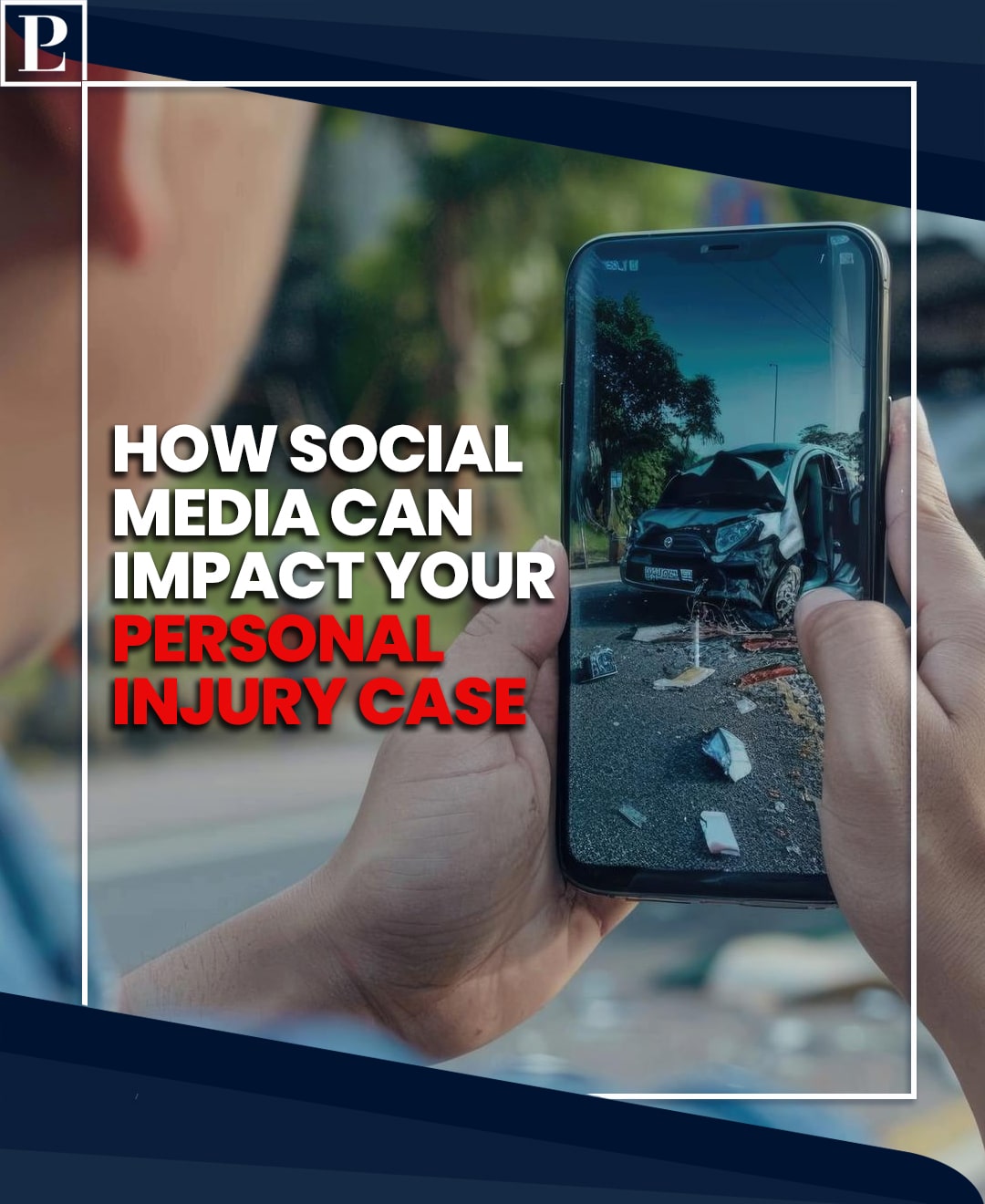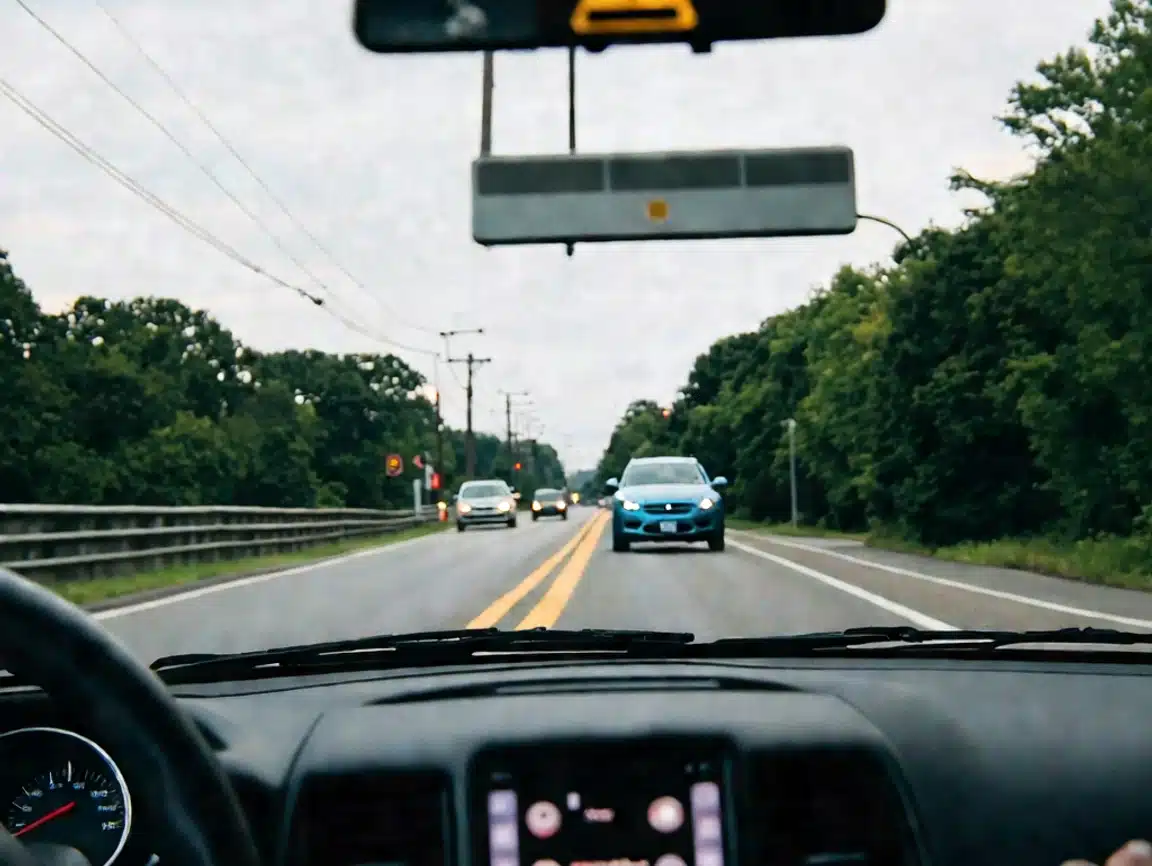In today’s world, social media is an easy way to share updates with friends and family. However, if you’ve been in a car accident, posting online can hurt your personal injury case. Understanding how social media can be used for and against you is essential to ensure the best outcome for your claim.
How Defense Attorneys Use Your Social Media Against You
If you’re injured and file a personal injury lawsuit in Connecticut, insurance companies and defense lawyers will look for everything they can find on you including your social media accounts. They look for posts that could undermine your claims. For instance, if you post pictures or videos of yourself engaging in activities that suggest you’re not seriously hurt, like dancing or playing sports, it can harm your case. Even if these posts are taken out of context, they can still be used to reduce your compensation especially when you are claiming injury and impact on your life as a result of the underlying accident.
How Social Media Can Help Your Case
While social media can hurt your case, it can also help. For example, if the defendant was seen drinking or engaging in reckless behavior before the accident, this could strengthen your claim of negligence. It’s important to consult with an experienced Connecticut personal injury attorney who can help you gather relevant evidence, including social media content, to build a strong case.
Should You Delete Your Social Media?
After an accident, you may think deleting your social media accounts is the best way to protect yourself. However, this can be seen as destroying evidence if you have already made posts, which could negatively impact your case. Instead, it’s wiser to stop posting entirely and consult a lawyer before making decisions regarding your social media activity. Generally, we recommend not posting at all after a collision.
Speak to a Connecticut Personal Injury Lawyer
If you’ve been in a car accident in Connecticut, it’s crucial to speak with a knowledgeable attorney as soon as possible. At Pazz Injury Law, we’re here to help guide you on how to handle social media and other aspects of your case. Call us today at (860) 691-1184 for a free consultation and ensure your rights are protected.




